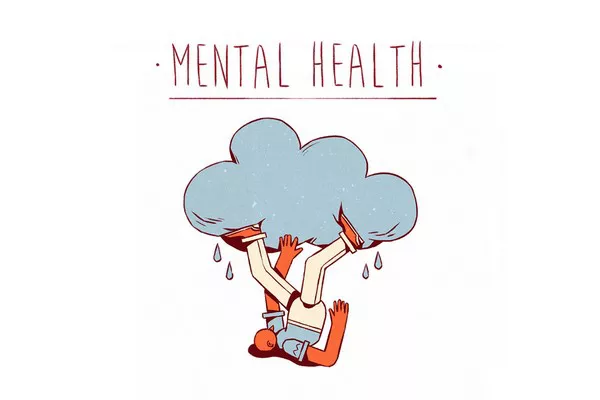A new therapy has been evaluated in a recent study published in Nature Medicine, which aims to reduce distressing voices in people with psychosis. The study found that after 16 weeks of therapy, participants receiving AVATAR-Extended therapy reported major improvements in distress and intensity of troubling voices, with lasting benefits for mood and well-being. The therapy involves creating a personalized avatar of the distressing voice, which the person experiencing the sound can customize in appearance and sound. Guided dialogues between the patient and the avatar aim to reduce distress and promote empowerment.
The study assessed 642 individuals, resulting in 345 participants being randomized into three groups: a brief avatar therapy (AV-BRF), an extended version of the avatar therapy (AV-EXT), and a treatment-as-usual (TAU) control. After 16 weeks, data were available for 300 participants, with 298 remaining at 28 weeks. The study found significant reductions in voice-related distress at 16 weeks for both AV-BRF and AV-EXT. Both forms of therapy also improved voice-related distress and severity at 16 weeks, though these effects lessened by 28 weeks. Voice frequency was significantly reduced in AV-EXT at both 16 weeks and 28 weeks, while AV-BRF showed no significant effect on the frequency at either time point.
The study found that compliance analyses suggested larger treatment effects at 16 weeks, with diminishing differences by 28 weeks. Researchers recorded 58 serious adverse events (SAEs), with 51% occurring in the AV-EXT group. However, no significant moderating factors were identified, and compliance analyses suggested larger treatment effects at 16 weeks, with diminishing differences by 28 weeks.
Conclusion
The emerging digital treatment creates an avatar of the distressing voice, and the person experiencing the sound can customize its sound and appearance. Therapy involves guided dialogues between the patient and the avatar, aiming to reduce distress and promote empowerment. The therapy has shown positive impacts on the severity of the voices and has the potential to personalize the therapy further to address past trauma and other individual experiences.
Related Topics:
-
Climate Change Drives Surge in Allergy Sensitization Among Chicago Residents, Study Shows
-
DNA Analysis Surpasses Standard Newborn Screening, Study Reveals
-
Aerobic Exercise Can Improve Cognitive Function In Women Undergoing Chemotherapy

